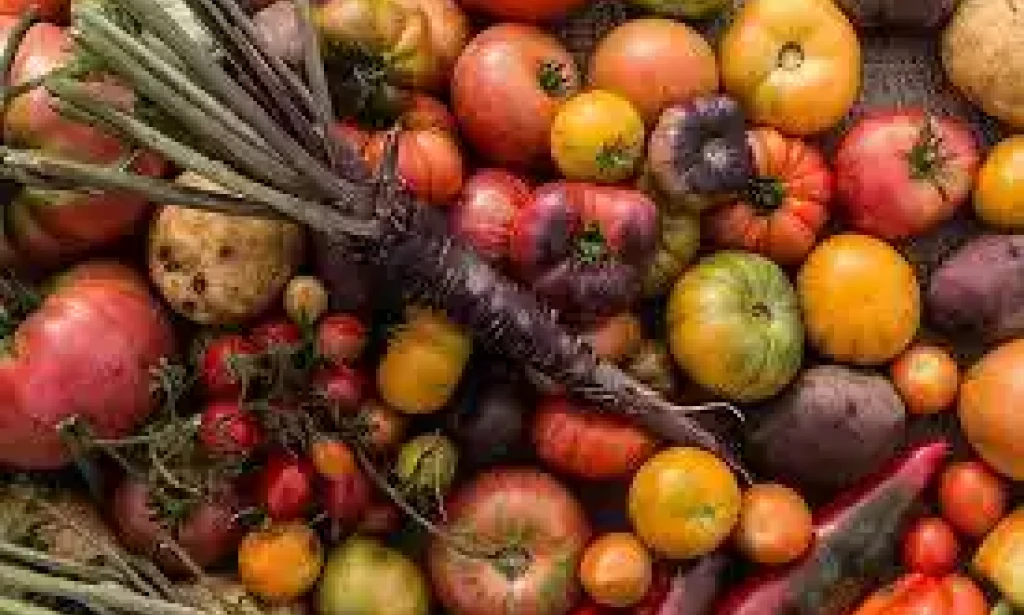Heirloom varieties of fruits and vegetables are more than just agricultural products; they serve as guardians of biodiversity and cultural heritage. These varieties, passed down through generations, offer a diverse array of flavors, textures, and historical narratives often overlooked in modern agriculture. Unlike commercially bred crops, heirlooms have developed diverse traits over centuries, adapting to local climates and soil conditions.
Preserving heirloom varieties is crucial for maintaining genetic diversity in our food supply. They provide resilience against diseases and environmental changes that threaten monoculture crops. Additionally, heirlooms offer a taste of history, connecting us to agricultural traditions and the stories of those who cultivated them.
However, the conservation of heirloom varieties faces challenges. Industrial agriculture tends to prioritize uniformity and shelf life over diversity and flavor. Initiatives such as seed saving and community-supported agriculture are essential for sustaining heirloom diversity and giving consumers direct access to these unique varieties.
By promoting and supporting heirloom varieties, we not only enjoy their exceptional flavors but also contribute to a more sustainable and resilient food system rooted in biodiversity and cultural appreciation.



You must be logged in to post a comment.